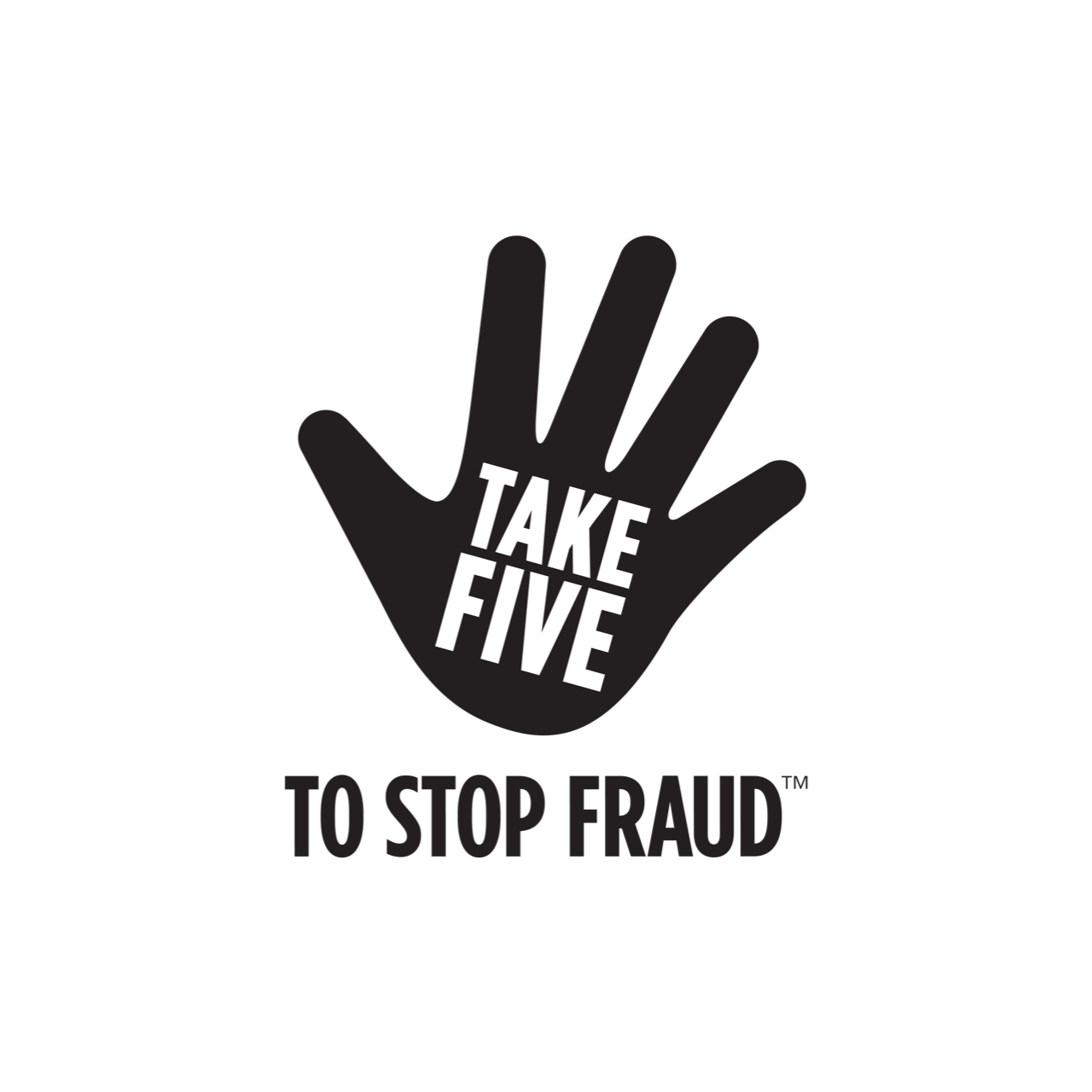In the past few days the media and the police have been reporting multiple new scams related to coronavirus (Covid-19), as fraudsters try to capitalise on the confusion and distress caused by the pandemic.
Fraudsters are using coronavirus to trick you into revealing sensitive information
Fraudsters are sending emails and texts designed to trick you into revealing sensitive personal information, like your bank details or PIN.
For example, they might ask you to click on a link to a fake government website, use scare-tactics to make you quickly move money into another account, or trick you into paying a fake fine.
The scam messages can look incredibly convincing, as it's unfortunately very easy for fraudsters to make fake messages look like they're coming from a trusted source.
For example, some fraudsters have been able to show fake text messages in existing threads from GOV.UK, which makes them look genuine.

The first text in this thread is genuine. The second text is a scam.
Real examples of scams about coronavirus
1. A fake text from HMRC offering money as a 'goodwill payment'
If you click the link, scammers will trick you into revealing sensitive information when you attempt to claim your money.

2. A fake email claiming you're eligible for a tax refund
Similarly, this scam promises money to try and trick you into revealing informations fraudsters could use to steal from you.

3. A message threatening you with fake fines for leaving your home
This scam uses the threat of a fine to try and trick you into paying money.

4 ways to protect yourself from coronavirus scams
Be extra vigilant if you get messages from what looks like the government or another trusted organisation – especially if the message promises you money or asks you pay an unexpected fine.
1. Never click on links in texts or emails
If you get any communication about possible refunds or fines, don't click on the link in the message.
Open up your browser and go to the official government website, GOV.UK, where they're sharing all the information about coronavirus. This is the source of truth.
2. Remember: your bank, a trusted organisation or a government department will never ask you to share sensitive personal information
By sensitive personal information we mean things like your PIN number, the 16 digit number on your debit or credit card or your email address password
If you're directed to a website or are contacted by someone asking for these details, do not reveal any information, it is a scam
3. Take your time
Fraudsters will often try to scare you into sending money or revealing your details by saying your account's under threat or you'll be arrested if you don't comply.
An organisation you trust will never try to panic you, stop you from talking to friends or family, or force you into making a bank transfer or card payment on the spot.
So if you're receiving messages that are threatening in nature, it's a scam.
4. If it sounds too good to be true, it probably is
Fraudsters are attempting to lure people with the promise of money, in exchange for providing sensitive personal information.
Don't trust a text message or email which says you're entitled to money or you need to pay a fine, without checking it's genuine yourself.
The government's made a range of financial measures available to the public during this difficult time, and have published all the details on the official coronavirus page on GOV.UK.
So if you get a message out of the blue saying you're entitled to money, please visit the GOV.UK page (https://www.gov.uk/coronavirus) for the most up-to-date information on what you may be eligible to receive.
If you think you've been the victim of a scam, please contact your bank as soon as possible.
The government's issued its own guidance on scams about coronavirus, which is useful to read too!
